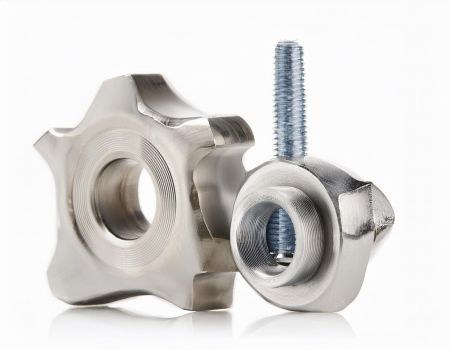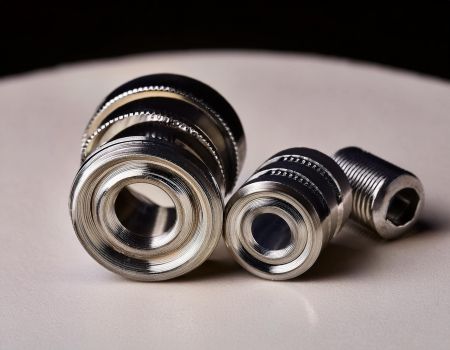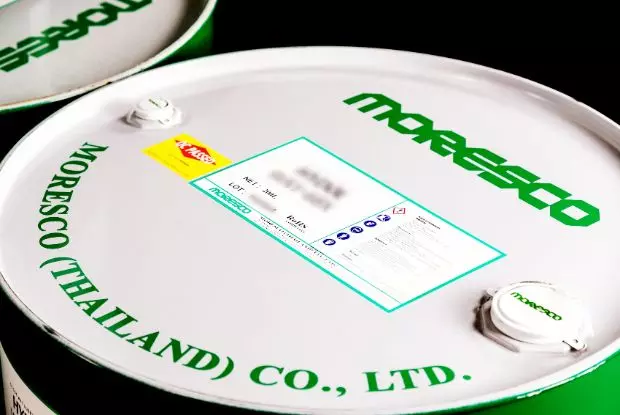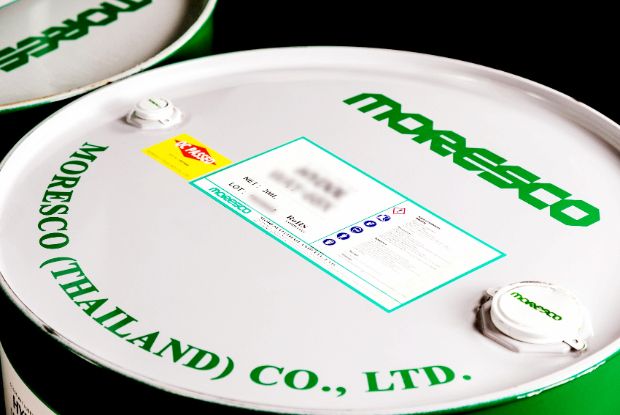Machinability of Cobalt-Based Alloys and Cobalt-Chromium-Molybdenum Alloys
Cobalt-based alloys and cobalt-chromium-molybdenum (CoCrMo) alloys are widely used in various industrial and medical fields, particularly in aerospace engines, nuclear power, and medical implants. These alloys are highly valued for their excellent mechanical properties, heat resistance, and biocompatibility.
However, their high strength, wear resistance, and low thermal conductivity present machining challenges, making them difficult to process. This article delves into the machining characteristics of cobalt-based and CoCrMo alloys, issues of tool wear, and related machining techniques while suggesting possible solutions for improving machinability.
Properties and Applications of CoCrMo Alloys
CoCrMo alloys are known for their exceptional corrosion resistance, wear resistance, and high-temperature strength, making them essential in aerospace, nuclear, and medical applications. These alloys are particularly prominent in medical applications, such as joint implants. The chromium in CoCrMo forms a protective oxide layer on the alloy surface, enhancing corrosion resistance. Meanwhile, molybdenum refines the grain structure, improving the alloy's mechanical properties. As per ASTM (American Society for Testing and Materials) standards, these alloys are recommended for surgical implants.
The high hardness and strength of these alloys contribute to their value in industrial applications but also increase machining difficulty. Low thermal conductivity complicates heat dissipation during machining, accelerating tool wear.
Machinability Challenges of CoCrMo Alloys
Machinability encompasses factors like ease of processing, achievable surface finish, and tool life. CoCrMo alloys are classified as difficult-to-machine materials due to their high hardness and toughness. Studies show their machinability is similar to other challenging materials, such as nickel and titanium alloys. These materials produce high cutting forces and temperatures during machining, leading to rapid tool wear.
Tool wear is primarily caused by high heat and pressure during machining, causing plastic deformation and wear on the tool surface. Common machining approaches include reducing cutting speed, using sharp tools, and employing suitable cooling strategies to address these issues.
Machining Techniques and Strategies
Optimizing traditional machining techniques, such as turning and milling, for cobalt-based alloys has yielded promising results. For instance, reducing cutting speed and feed rate, combined with sharp cutting tools, effectively minimizes heat generation during machining. Another approach involves using positive rake angle tools to reduce work hardening and enhance surface quality.
In addition to traditional machining, non-traditional methods like Electrical Discharge Machining (EDM) and Laser Beam Machining (LBM) are widely used for cobalt-based alloys. These methods reduce mechanical wear on tools through non-contact heat treatment, making them suitable for precise machining of hard-to-machine materials. However, further research is needed to optimize the efficiency of these technologies.
Selection of Cutting Tool Materials
Cutting tool materials play a crucial role in machining stability. Due to the high hardness and low thermal conductivity of cobalt-based and CoCrMo alloys, tool wear remains a significant challenge. Early studies indicate that coated tools demonstrate superior wear resistance when machining these alloys. Physical Vapor Deposition (PVD)-coated tools add extra hardness, effectively extending tool life and reducing wear during machining. These coated tools excel, especially in high-speed cutting.
Role of Coolants in Machining
The use of coolants is essential in machining cobalt-based and CoCrMo alloys to control machining temperature and reduce tool wear. Coolants lower frictional heat, minimizing thermal buildup on the tool and workpiece surface, thus prolonging tool life. Recently, dry machining techniques have emerged as alternatives to reduce coolant use. While dry machining reduces environmental impact, it presents technical challenges when handling difficult-to-machine materials like CoCrMo alloys, particularly with tool wear issues at high temperatures.
Future Research Directions
With ongoing technological advances, research on the machining of cobalt-based and CoCrMo alloys remains a dynamic field. Future studies will focus on developing new cutting tool materials, optimizing machining parameters, and advancing non-traditional machining techniques. Additionally, further optimization of coolant strategies will be crucial to enhance machining efficiency and reduce environmental impact.
Cobalt-based and CoCrMo alloys are extensively applied in modern industrial and medical fields, yet their unique mechanical properties hinder machinability. Through the continued development of machining techniques, the careful selection of tool materials, and improved coolant strategies, it is possible to enhance the machining efficiency of these alloys. Future research will continue to explore ways to improve machinability and seek more environmentally friendly processing solutions.
◆References: ScienceDirect
◆ScienceDirect: https://doi.org/10.1016/j.promfg.2017.07.150
Machinability of Cobalt-Based Alloys and Cobalt-Chromium-Molybdenum Alloys | ISO 9001:2015 Certified Industrial Lubricants Manufacturer And Supplier Since 1982 | HLJH
Located in Taiwan, HAI LU JYA HE CO., LTD has been an industrial lubricant manufacturer and supplier. Main products, include metalworking fluids, industrial lubricants, soluble cutting oils, semi-synthetic cutting oils, synthetic cutting fluids, neat cutting oils, rust preventive oils, slideway oils and hydraulic oils, which can reach 150 tons of cutting fluids per month.
HAI LU JYA HE Co., Ltd. (HLJH) have been focusing on manufacturing and marketing the industrial lubricants more than 30 years. Our fundamental belief is to make a harmful, friendly with lives, businesses, and leaving a lasting legacy for generations to come. We offer metalworking fluids (water-based cutting fluid, neat cutting oil), rust preventive oil, hydraulic oil, slideway oil, spindle oil, gear oil and so on that cover the whole industrial lubricant value chain. Our fundamental belief is to offer harmful and friendly products such as water-based cutting oils, neat cutting oil, rust preventive oil, hydraulic oil, slideway oil, spindle oil, gear oil and so on that cover the whole industrial lubricant value chain.
HLJH has been offering customers high-quality metalworking oils and fluids, both with advanced technology and 39 years of experience, HLJH ensures each customer's demands are met.




